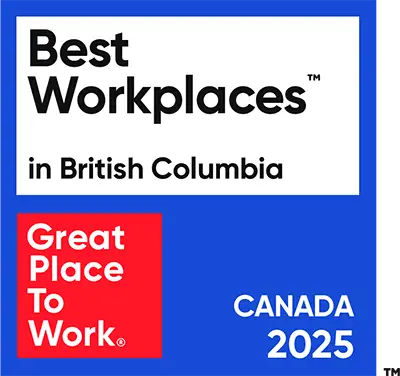The shift toward innovative systems, energy efficiency, and regulatory compliance—especially with Canada’s updated refrigerant and efficiency rules—means that relying solely on traditional know-how is no longer sufficient.
If you're thinking about starting a new project we'd love to hear from you. We can add more value if we're brought in early.

Whether you're a seasoned expert or developing a new career, or just want learn more about the company, drop us a line.

We're lucky enough to be partnered up with some of BC's finest. We'd love to discuss the potential of working together.


Project State
Made Constructible
Design-Bid-Build
Trade Services
Institutional
In Progress
Prefabrication
Type
Design Assist
Special projects
Warranty Services
Commercial
Processes
Design Build
Residential
VDC - Virtual Design and Construction (BIM)
IPD
Uncategorized
Residential / Mixed Use
HVAC-R
Services
Commercial Plumbing
Essential Guide to Mechanical Contracting.
When you think about the infrastructure of a building—its heating, cooling, plumbing, and ventilation—you’re thinking about the work of mechanical contractors. These unsung heroes of the construction industry ensure that buildings function efficiently and comfortably. But what exactly does a mechanical contractor do? How does one become a mechanical contractor, and what makes a great one?
Celebrating our People, Values, & Future
Our people are the reason we’re able to deliver top-quality mechanical services across British Columbia. They are the ones showing up every day, getting the job done, and doing it right. So we created a program to recognise the people who Make it Happen. Welcome to RISE.
The Role of AI in Mechanical Design
In this article, Andrii Pushchinskyi – a VDC Designer at True Mechanical looks at the practical use cases for AI that he has encountered to date. Andrii believes isn’t replacing VDC designers – it’s empowering them. It’s giving us new ways to solve old problems, speed up repetitive workflows, and bring more clarity into complex coordination processes.
New Developments in HVACR
True Mechanical is committed to leading HVACR innovation in BC. We’re excited to share the latest sustainable technologies and developments, helping our clients reduce environmental impact and build a greener future together.
The BC Energy Step Code
Unlike traditional building codes, which focus on prescriptive measures, the BC Energy Step Code sets clear performance-based targets, requiring builders to meet specific energy efficiency standards. By 2032, the province aims to ensure all new buildings are net-zero energy-ready, meaning they are highly energy-efficient and capable of meeting their energy needs with renewable sources.
Trends and Challenges in Canadian HVACR
The HVAC/R industry in Canada faces a transformative period, shaped by shifts in regulations, rising environmental standards, and a growing demand for sustainable practices. As BC’s construction industry continues to evolve, HVAC/R companies are adapting to meet changing market needs.
Navigating the Complexities of Mechanical Contracting in High-Rise Construction Projects
The scale and complexity of high-rise buildings demand meticulous planning, innovative solutions, and a deep understanding of interconnected systems.
The building blocks of safety. Constructing a safe future for our team
In honour of Building Safety Month, we dedicate this post to our paramount concern: construction safety training that ensures everyone returns home safely each day.





